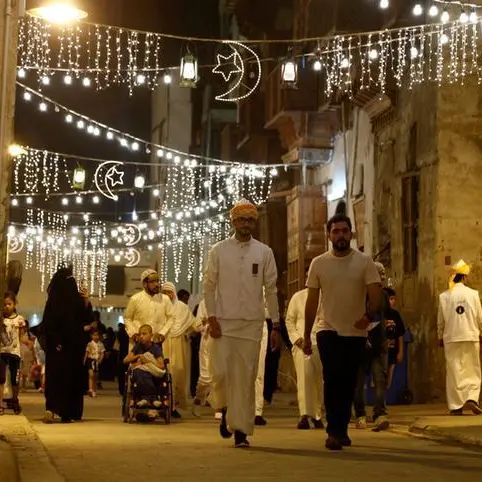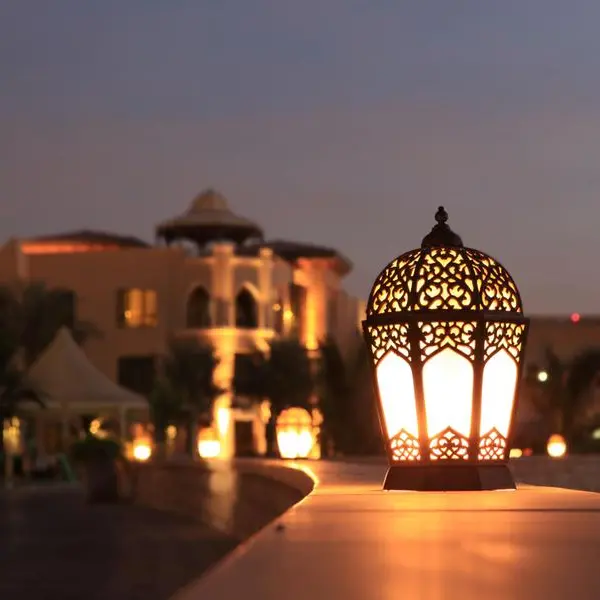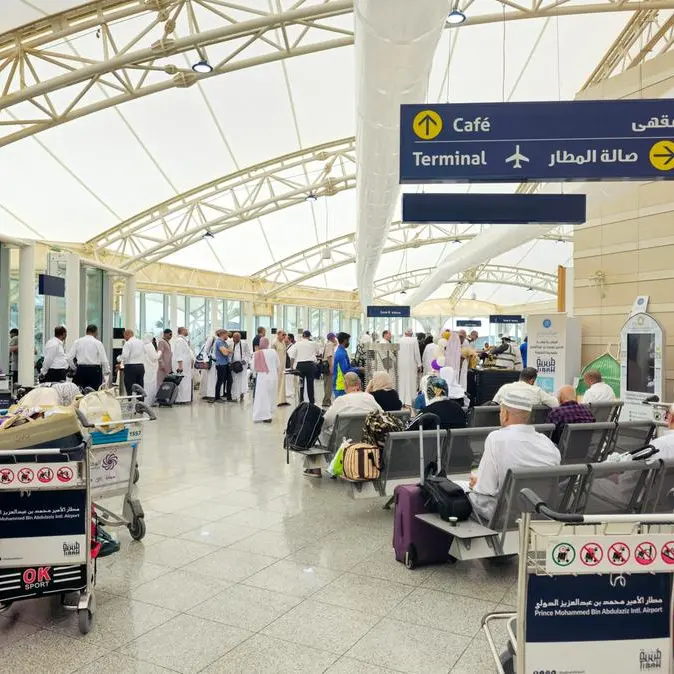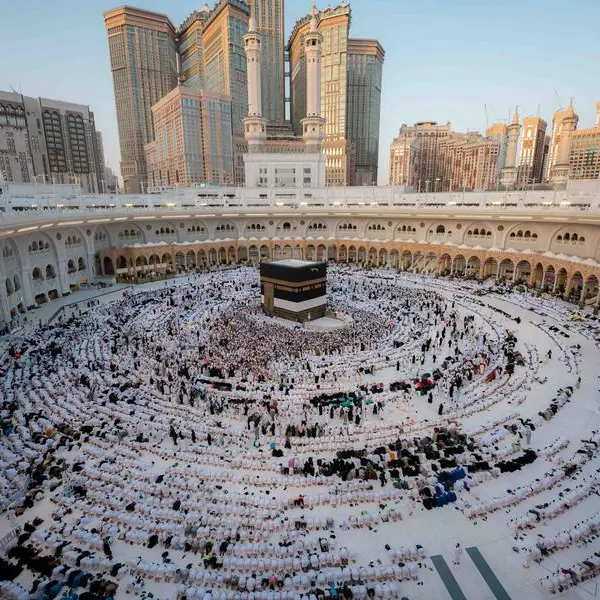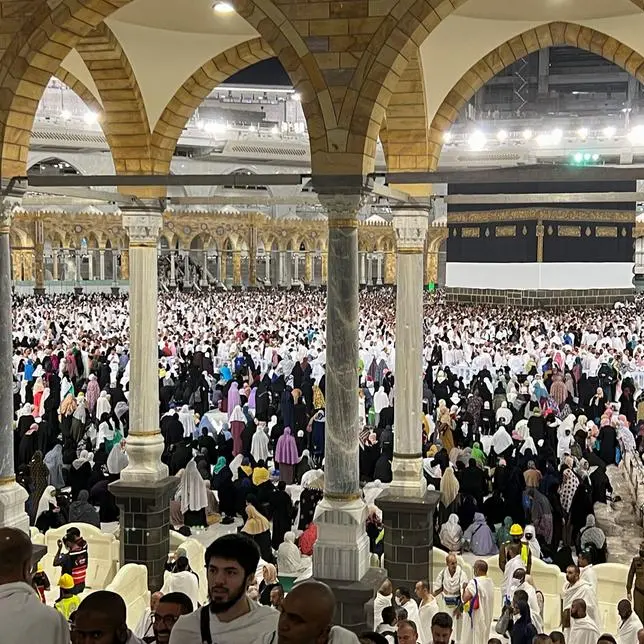PHOTO
Doha, Qatar: As Qatar approaches the end of Ramadan, The Peninsula spoke to a few non-Muslim residents who observe fasting during the holy month, describing the experience as a period of spiritual enrichment, a focus on well-being, and a sense of community.
Some revealed that they have been fasting during Ramadan for years as their way of showing respect, while others found inspiration in practising self-reflection and gratitude.
Much like in the case of Kuppusamy Manoharan, an Indian resident in Qatar, who said that the first time he fasted for Ramadan was in 1996, and has never failed to do so each year, except once when he was travelling.
Speaking with The Peninsula, Manoharan recalled that his heartfelt relations with citizens and his Muslim friends were the turning point which brought him a new image of Ramadan.
"I find the equality among mankind, helping the needy people, taking care of the dependents, respecting the elderly people, and dedication in prayer," he said.
He added, "these things give me the strength to continue the fasting. I find peace, calm and positive vibrations during this full month."
Similarly, April Bayaborda Vergara has been fasting during Ramadan since 2017 to show respect and support to the Muslim people.
"I find Ramadan to be an incredibly special time of year, even though I am not of the Muslim faith. I make it a point to participate in as many Ramadan practices as I can, including Iftar and Suhoor, as well as charity events," she said.
As a Filipino expat in Qatar, she stated that Ramadan is a time of the year that brings forth mindfulness and gratitude in people, saying: "This period of spiritual devotion encourages us to be mindful of our food consumption and to appreciate the abundance that we have been given, while also remembering those who are less fortunate."
On the other hand, Ramachandran from India, underlined the health benefits of fasting which encouraged him to practice it every Ramadan since 2013.
"It boosts my health, well-being, and mental capacity. It detoxes my body and reduces my appetite," he said. He also spoke of the challenges he encounters each year, especially on the first two days of fasting.
He said: "The first 2 days are really hard to overcome your hunger and cravings."
He counters this by having a physically active routine with a healthy diet, such as an increase in fruit intake with higher water content, and a well-balanced meal after each day's fast.
Ramachandran's approach to fasting during the holy month is also welcomed by his peers as he, likewise, inspired others to join, saying: "Some of them even join me in fasting for as much as they can do."
On a separate note, Kirill Tijonov, a Russian student with Spanish nationality has only been residing in Qatar for seven months. This year marks his first-ever experience in fasting during the holy month of Ramadan.
Speaking with The Peninsula, Tijonov said that what prompted him to practice fasting was curiosity. "I was basically interested in trying the experience of fasting since I never did it before and I was curious."
He said: "It has not been as hard as I thought it would be, especially in Qatar where the sunset is around 6pm, compared to other countries like Morocco where it is much later. I try to keep myself occupied so I don't think too much about eating."
Like other residents, Tijonov is also keen on the health benefits brought forth by fasting. However, what he finds worth noting is how it also helped him practically in spending money wisely.
Despite non-identical beliefs and causes for fasting during Ramadan, these residents shared how they were embraced and shown support by their Muslim friends and peers for fasting during the holy month.
© Dar Al Sharq Press, Printing and Distribution. All Rights Reserved. Provided by SyndiGate Media Inc. (Syndigate.info).

